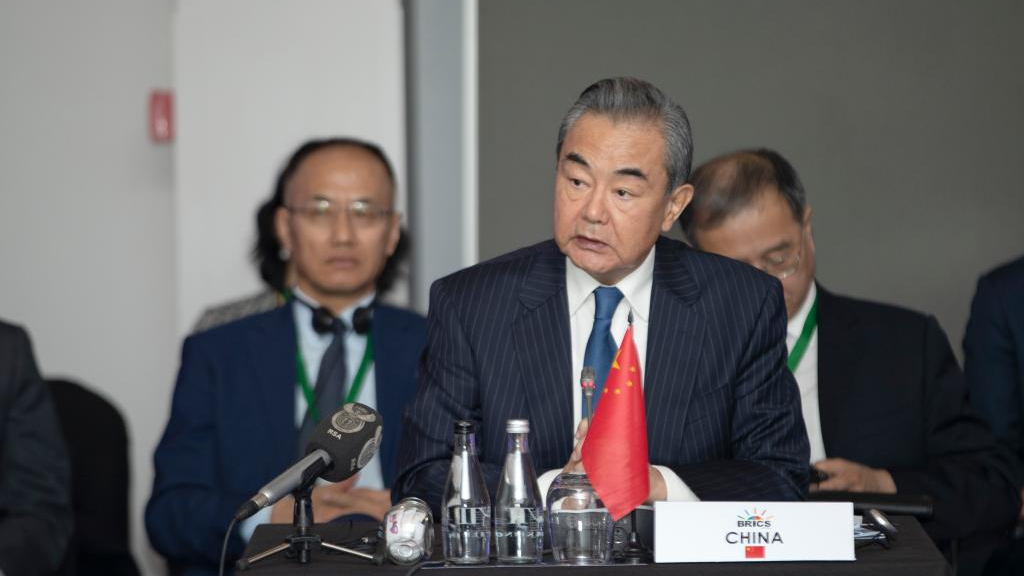In a bid to bolster collaboration among countries of the Global South, Wang Yi, Foreign Minister of China,has put forward four pivotal points. The key points are aimed at promoting world peace and common development. Wang, on Tuesday July 25, presented these proposals during the 13th Meeting of BRICS National Security Advisers and High Representatives on National Security in Johannesburg, South Africa. His suggestions underscore the pressing need for unity and concerted efforts in tackling global challenges and fostering progress. It’s imperative to follow key proposals and their significance in the pursuit of a harmonious and prosperous world.
Upholding a Comprehensive Security Concept
Wang’s first proposition centers on the eradication of conflicts and restoration of peace. He emphasizes that the Global South must unite under a common, comprehensive, cooperative, and sustainable security concept. By doing so, these nations can work collectively towards building a balanced, effective, and sustainable security architecture. A crucial aspect of this approach involves respecting the legitimate security concerns of all countries and striving for the peaceful settlement of contentious issues. This collaborative stance could pave the way for increased understanding and trust among nations, reducing tensions and fostering stability.
Placing Development at the Forefront
The second point championed by Wang underscores the importance of promoting development as a central tenet of the international agenda. The Global South should revitalize the global partnership for development and cultivate new growth drivers. A key aspect of this process involves encouraging developed countries to fulfill their aid commitments, thereby delivering more significant development benefits to people across all nations. By emphasizing development, the Global South can address critical socio-economic challenges and create an environment conducive to sustainable growth and prosperity.
Embracing Openness and Inclusiveness
Wang’s third proposal advocates openness and inclusiveness as guiding principles for international cooperation. He urges countries to embrace the diversity of civilizations, reject ideological confrontations, and instead, support each other in exploring their unique development paths and social systems. To foster mutual understanding and enhance governance practices, exchanges and mutual learning among nations are crucial. By embracing openness, the Global South can foster a culture of cooperation, dialogue, and shared progress, leading to a more harmonious global landscape.















